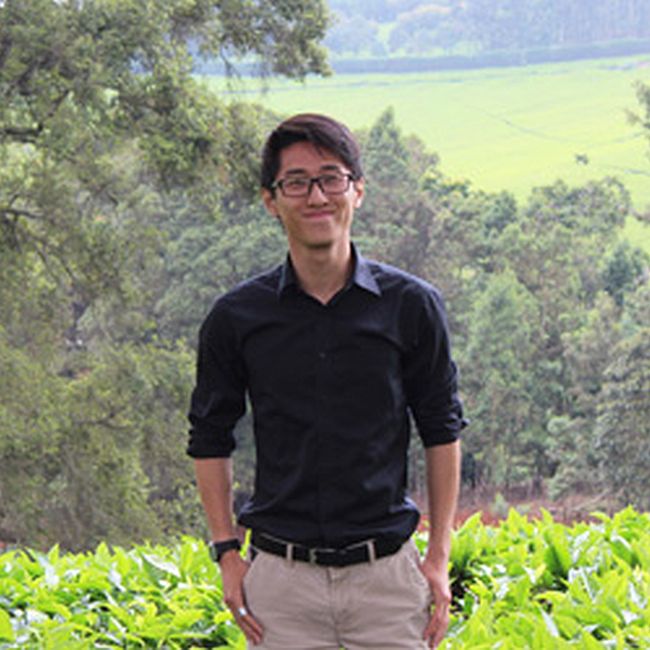Reflecting upon the last three months, I am reminded of an old Chinese saying: it is better to travel ten thousand miles than to read ten thousand books. Though books has been shaping my worldview for as long as I can remember, nothing can really replace the experiences you gain by working in the field.
I wanted to see how medical advances affected the world, how social factors limit implementation of new technology and how we might overcome these barriers.
In the last two years of university, I found myself committed to understanding life sciences through basic laboratory research. This basically means I often sit behind a bench, staring at a plate of bacteria on most days, and have no life of my own. Jokes aside, though I absolutely loved my program, two questions were constantly on my mind – what would my work lead to, and how would that affect others? The questions were big, and probably impractical to consider at the moment. But still, if I am planning to devote most of my energy to scientific explorations, shouldn’t I at least ponder where this path leads to? These considerations drove me to participate in this project. I wanted to see how medical advances affected the world, how social factors limit implementation of new technology and how we might overcome these barriers.
The project I joined involved analyzing genetic testing and counseling services in Kenya, and the way it was done was through conducting interviews and surveys. Rather than directly providing answers to my personal questions, this experience raised new (and often more tangible) questions. For instance: would implementing personalized medical diagnostic/treatment plans be the best idea in a society where the majority can’t afford it? Would disseminating information regarding hereditary conditions, especially cases where the child was affected by maternal genes, be wise in countries with a heavy gender power imbalance? These questions convinced me that my concerns weren’t simply philosophical, but have practical impacts as well.
In a snapshot, going abroad helped me grow – as an human, student and global citizen.
As new scientist in training, I don’t always get to see the bigger picture. I have little idea on how knowledge can be feasibly translated into changes. It’s often tempting to think that the societal implications should be left to global health researchers or policy makers. But I do believe the difficulty in answering some of the questions I faced is exactly what necessitates serious considerations in the first place, from everyone in the lab to the field.
At the end of the day, I’m glad I got the chance to understand the dynamic interaction between social progression and scientific advances, especially before I become too focused on the former. Perhaps if more scientists are given the chance to consider these factors, we can really make our findings more accessible and impactful.
